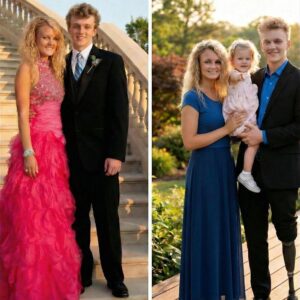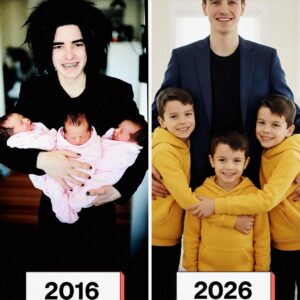Like all the best songwriters, Dolly Parton has too much wit, inspiration, and material to keep all to herself. Hence, she has gifted numerous songs to folks such as Emmylou Harris, Whitney Houston, Skeeter Davis, and Hank Williams Jr.. And once upon a time, she also gave two songs away to both Merle Haggard and Waylon Jennings.
Videos
The crossover between Jennings, Parton, and Haggard resides in their domination of the ’70s country music scene. Consequently, they were friends, collaborators, and in Haggard’s case, even held unrequited love for one another. All that being so, Dolly Parton used her songwriting talents and gifted two songs to these two titans of the industry. And thanks to Parton’s mastery and selflessness, they both scored quite a bit of success with the songs.
“Kentucky Gambler” by Merle Haggard
Originally written by Parton in 1974, when Haggard heard the song he quickly jumped at the opportunity to make it his own. In an undocumented conversation, Parton agreed to Haggard’s request, and he went on the garner hoards of success with the single.
Released in 1975, Haggard’s cover of Parton’s “Kentucky Gambler” reached No. 1 on the country charts. This was Haggard’s 19th No. 1 hit, and Dolly Parton’s first-ever No. 1 hit as a songwriter. As a result of the successful collaboration, Haggard and Parton went on tour together in 1975. This is when Haggard seemingly grew incredibly more fond of his crush and songwriter, Dolly Parton. Three years later, Haggard iconically released his song, “Always Wanting You.”
“Waltz Me to Heaven” by Waylon Jennings
“Waltz Me to Heaven” was already an incredibly well-known song thanks to its appearance in the 1984 film Rhinestone featuring Dolly Parton and Sylvester Stallone. However, when Waylon Jennings decided to cover the song shortly after in the same year, the original authorship became a little blurred. Well, given the title of this article, you know exactly who wrote it.
Waylon Jennings released his rendition of “Waltz Me to Heaven” in 1984 on his album, Waylon’s Greatest Hits, Vol. 2. Following the release of the song, Jennings’ cover peaked at No. 10 on the Billboard Hot Country Singles & Tracks.
What both these songs show is that Dolly Parton’s lyrics and themes apply to anyone. No matter what the song is about, someone can sing it, because, at the end of the day, they are simply about the human condition. And that tale never gets old no matter who is behind the microphone.





